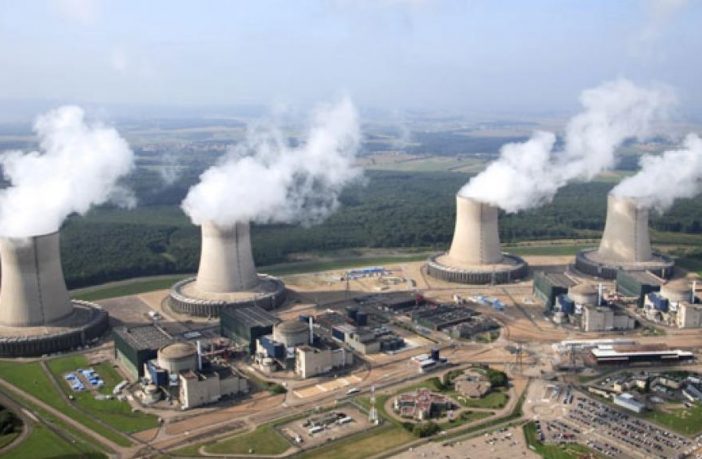- A new study claims that investment in a new 1GW nuclear power plant leads to average losses of approximately 4.8 billion euros.
- It further argues that the technology’s dangerous radioactivity emissions and proliferation risks do not qualify it as a ‘clean’ energy solution to be considered for addressing climate change.
- Yet still, governments are incorporating the technology into clean energy plans around the world.
Nuclear energy has always been unprofitable in the private economy, according to a new report from one of Germany’s leading economic research institutes, DIW Berlin. Its historical analysis explains that large state subsidies have been provided in cases where private capital financing has been used for the nuclear industry in the past, and goes on to further examine the current and future profitability of nuclear power plants.
The study undertook an empirical survey of the 674 nuclear plants that have ever been built to demonstrate that private economic interests were not the motive, but instead have been driven by military interests.
“Nuclear power was never designed for commercial electricity generation; it was aimed at nuclear weapons. That is why nuclear electricity has been and will continue to be uneconomical,” says Christian von Hirschhausen, coauthor of the study.
In its Monte Carlo simulation model developed for the net present value of a 1 GW nuclear plant, the study found that expected loss of revenues range between 1.5 and 8.9 billion euros. The model built in a variety of factors including the wholesale cost of electricity (20-80 euros/MWh), specific investment costs (4,000-9,000 euros/kW) and the weighted average cost of capital (4-10%). In the Monte Carlo analysis, researchers argue that, in all cases, nuclear investment would generate significant financial losses.
Expanding beyond lacking economic sustainability, the report goes on to further undermine international debates and policies which support nuclear as a part of climate action strategies. “Nuclear energy is by no means clean. Its radioactivity will endanger humans and the natural world for over one million years,” says von Hirschhausen.
The report calls out the International Energy Agency for recently suggesting nuclear energy in a clean energy system and for its encouragement of subsidies to the technology and its suppliers. Policies and frameworks around the world have incorporated nuclear power into the mix of future energy production. The EU Clean Energy Package built to support climate protection contains service life extensions for a number of nuclear plants and also recommends building more than 100 new plants by 2050.
“Describing nuclear energy as “clean” ignores the significant environmental risks and radioactive emissions it engenders along the process chain and beyond,” the report concludes.
Despite DIW’s warnings against costs and dangers, nuclear power capacity is increasing worldwide, even though solar and wind are taking front-runner positions as the cheapest grid-connected sources of energy. According to the World Nuclear Association, there are currently 50 reactors under construction, with more than 100 nuclear power reactors are on order or planned, and more than 300 additional plants proposed.
Author: Erica Johnson
This article was originally published in pv magazine and is republished with permission.















